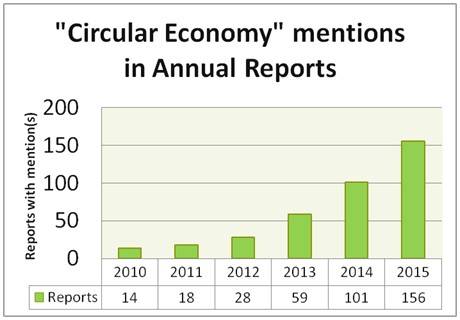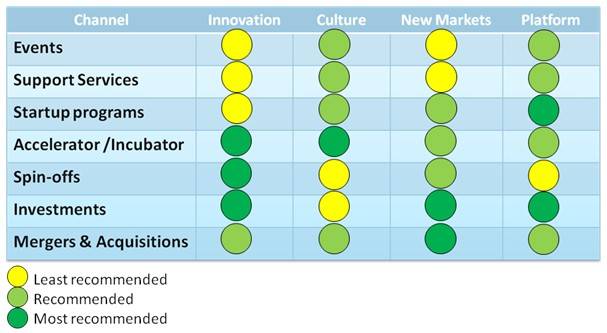Thank you for visiting the Finch & Beak website. Finch & Beak is now part of SLR Consulting, a global organization that supports its clients on setting sustainability strategies and seeing them through to implementation.
This is an exciting time for us, as our team now includes an array of new colleagues who offer advisory and technical skills that are complementary to our own including Climate Resilience & Net Zero, Natural Capital & Biodiversity, Social & Community Impact, and Responsible Sourcing.
We would like to take this opportunity to invite you to check out the SLR website, so you can see the full potential of what we are now able to offer.
So what is actually happening in global corporations in the area of circular economy. Is it just another sustainability buzz word or are these companies truly engaging. As big data enters the sustainability arena, it becomes easier to spot trends in material issues and ESG data. A remarkable start-up in this arena is eRevalue. Their Datamaran tool uses Natural Language Processing, a technique which analyses text and derives meaning from human language which can be combined with Big Data analytics. Based upon the corporate reports and filings of more than 6,100 companies, this is resulting in useful monitoring information. Their data illustrates that circular economy is not a buzz word but a 50% CAGR topic; the upcoming boom of the circular economy is hard to miss.

Source: The Boom of the “Circular Economy Topic”, eRevalue Datamaran, May 2016
A closer look at the circular economy reveals an innovation-driven movement with a host of technology requirements, new business models and partnering initiatives. At the same time, the majority of the corporations are no novice at engaging with start-ups. To be exact, the INSEAD/500 Startups study reveals that 262 companies (52.4%) out of the 500 world's biggest public companies are already working with start-ups through one channel or another. Interestingly enough, size matters. The largest 100 companies are partnering with start-ups more than twice as much (68% versus 32%) as the smallest 100 companies of the Forbes Global 500.
Corporates working with start-ups is engaging with them through 1.6 different channels on average. By far the favorite channel used is corporate venture capital (62.6% of cases), followed by events such as a start-up competitions (29.0%) and setting up accelerators or incubators (24.4%). But what channels to use under the different circumstances? Broadly, the objectives can be summarized into four main areas: innovation, changing culture, developing new markets and creating a platform of partners that reinforces the competitive positioning. An overview of recommended channels for each objective is presented below.

Source: Innovation Channels and their Application, INSEAD Business School and 500Startups, Adapted, February 2016
A case example: when putting forward the business plan for the Telenet Idealabs Accelerator in Antwerp, Belgium, Finch & Beak recommended a selection of channels. This choice was not only based upon the usual Return On Investment criterion but more importantly Return On Culture and Return on Reputation were taken into account. This made an accelerator with a strong follow-up and engagement program the right channel of choice for Telenet.
Developing innovations for the circular economy is different, but not that different. There are many things companies that are taking of on circular economy innovation can learn from the experience with start-ups from Forbes 500 companies over the past decade. Four top-tips are:
If you have a challenge on start-up innovation for the circular economy, contact us at hello@finchandbeak.com for more information.
This article was for a large part based upon “How do the World’s biggest Companies Deal with the Startup Revolution” by Arnaud Bonzom at 500 Startups and Prof. Serguei Netessine at INSEAD. For more detail, case examples or their research methodology, please download the full report on the left hand side of the screen. The issue monitoring data was kindly provided by eRevalue. For more information on their Datamaran tool please visit www.erevalue.com.
Image source: Joe Andy Mendoza/Flickr
Finch & Beak
hello@finchandbeak.com
+34 627 788 170